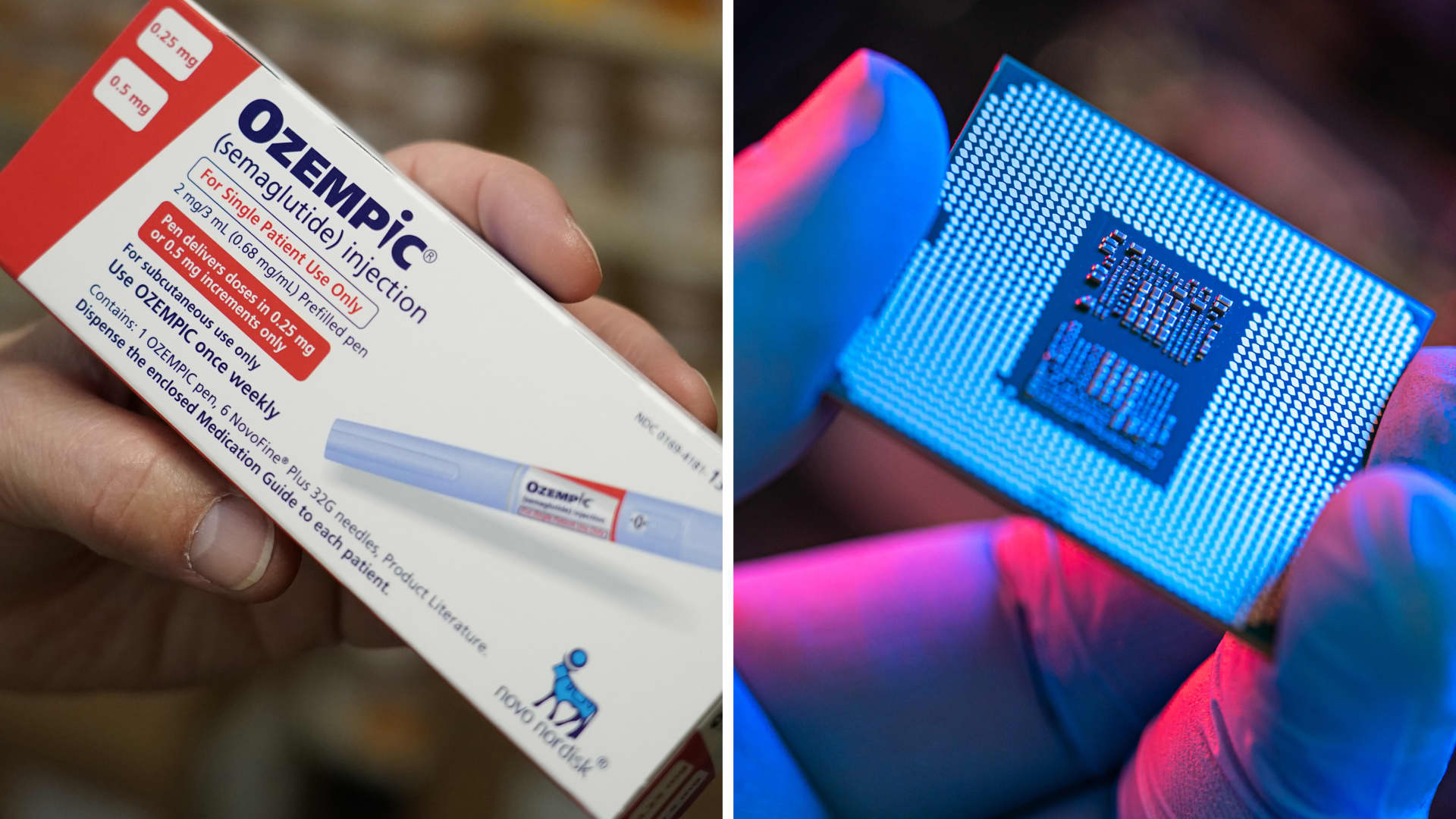The abortion pill case before the Supreme Court could have implications far beyond abortion, potentially undermining the regulatory system for all drugs in the United States.
The lawsuit, filed against the Food and Drug Administration by a consortium of anti-abortion doctors and groups, aims to restrict the availability of mifepristone, the first pill in the two-drug abortion regimen. It was approved by the FDA in 2000 and is used by more than five million women in the United States.
If the Supreme Court sides with the plaintiffs and decides to roll back or invalidate the FDA’s regulations on mifepristone, it would be the first time the court has undermined the federal agency’s power to independently decide the terms and conditions when and how a medication may be used.
Drug policy experts and hundreds of pharmaceutical companies have sounded the alarm at the prospect. Such a ruling could trigger lawsuits over other drugs, they say, including those that have been politically controversial, such as vaccines or the morning-after pill. Companies say if they can’t rely on the FDA’s regulatory authority, it could impact their decisions about what drugs they develop and how they make them available.
“The resulting litigation and regulatory uncertainty could destabilize the drug approval process, undermine drug development and investment, hinder innovation and endanger patient health,” said an amicus brief filed by more than 300 company and industry group executives .
The lawsuit, filed in November 2022, sought to overturn the approval of mifepristone. Last April, Judge Matthew J. Kacsmaryk of the Northern District of Texas, a Trump appointee and long-time abortion opponent, issued a preliminary ruling to remove the drug from the market. Later, a panel of the U.S. Court of Appeals for the Fifth Circuit upheld the original drug approval but reversed changes made by the FDA in 2016 and 2021 that improved patient access to mifepristone.
If the Supreme Court joins the Fifth Circuit and orders mifepristone to be subject to pre-2016 regulations, patients would no longer be able to receive prescriptions via telemedicine and receive abortion pills by mail. You would have to pick up mifepristone in person from a doctor and see the doctor three times during the medication abortion process. Nurses, midwives and physician assistants would no longer be able to prescribe mifepristone, further limiting patient access.
“If the Fifth Circuit’s approach remains, it could make drug development impossible and freeze the terms we approve in a timely manner, depriving patients of the benefits of evolving science and placing outdated, unnecessary burdens on health care providers,” it says Pharmaceutical Industry Amicus Brief.
“Such a decision is by no means limited to a single drug,” the brief states, but “will create chaos in the processes of drug development, approval and modification.”
The impact of the Supreme Court’s decision depends on how broadly it decides. For example, some legal experts say the FDA may be able to keep the 2016 and 2021 regulations in effect while collecting additional data for those regulations in a way that would be admissible in court. Additionally, because a decision would apply to the FDA and not abortion providers, some medical abortion services stock mifepristone and may continue to prescribe and ship mifepristone.
If providers couldn’t obtain mifepristone, many would only prescribe the second drug in the medication abortion regimen, misoprostol, which is used for other conditions and is widely available by prescription. In many countries it is used alone, although it is considered slightly less effective and is more prone to unpleasant side effects such as nausea, chills and diarrhea.
Source link
2024-03-26 15:04:25
www.nytimes.com















